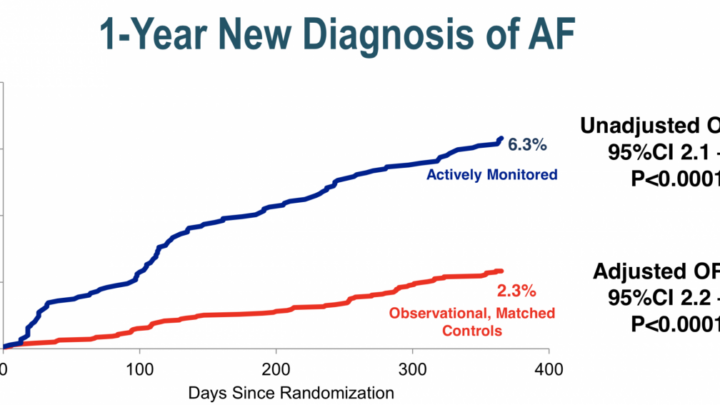
Rights and policies around transgender issues has become a louder conversation in recent years, a conversation in which Sermo physicians have actively participated. While awareness has drastically increased around what it means to be a transgender adult, doctors are still wrestling with how to medically address transgender minors.
Individuals under 18 are already in a time of their lives shaped by influxes of hormones, changing conceptions of self-identity, and more. When it comes to making medical decisions for themselves, minors lack autonomy due to their age and their limited capacity to make any “life changing” decision. However, as parents have the right and responsibility to respond to their child’s medical needs, one controversial part of the debate asks, assuming they had consent of the parent, would Sermo physicians feel comfortable providing puberty blockers to a minor who suffered from gender dysphoria?
We asked Sermo doctors, “Would you provide puberty blockers or cross-sex hormones to transgender patients under the age of 18?”

The overwhelming concern, regardless of their stance on transgender issues more broadly, is that children are too young to make any permanent medical decisions:
“At 12 yrs old, kids do not have developmental capacity to make such decisions.” – Pediatrics
“One has to approach a kid or teen with gender dysphoria very carefully and explain to parents that we have to validate that what they feel is real and yet we don’t know their natural trajectory and therefore acting on things quickly is a mistake. ” – Psychiatry
“Pre-puberty sex change is malpractice. Before 21 years, why do permanent genital sex change?” – Anesthesiology
“Hormones and sexual reorientation surgeries are much more invasive and much more permanent [than other ways of displaying identity such as cutting hair, wearing different clothes, etc]. For most other purposes we deem pre-adolescents to be too immature to make major life decisions. How is this decision different? The downside risk is that many 11 year-olds are going through a transitory process rather than making a lifelong decision.” – Psychiatry
Are you a physician? Log into Sermo to discuss ethical questions with other doctors from around the world.














